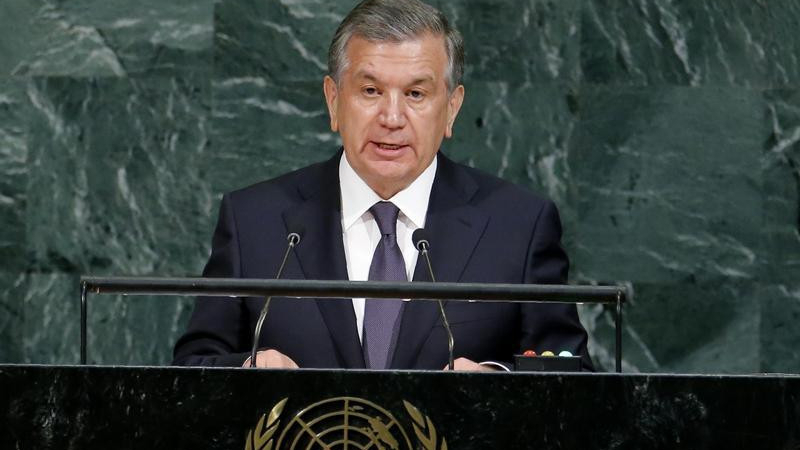
AKIPRESS.COM - The Uzbek government during President Shavkat Mirziyoyev’s first year in office has taken some positive steps to improve the human rights situation, but should now transform them into institutional change and sustainable improvements, Human Rights Watch said today. The findings are based on Human Rights Watch’s first in-country research in seven years, including meetings and interviews with government officials, civil society activists, former political prisoners, and ordinary citizens.
Human Rights Watch also issued a video on recent developments in Uzbekistan. It includes comments by Muhammed Bekjanov, a former political prisoner who was one of the world’s longest-held journalists, imprisoned for nearly 18 years, until his release in February 2017.
“At this moment of hope for the country, the Uzbek government should transform the modest steps already taken in the right direction into lasting human rights protection for all of Uzbekistan’s citizens,” said Steve Swerdlow, Central Asia researcher at Human Rights Watch. “The test for Tashkent is to turn positive moves into enduring structural improvements.”
Mirziyoyev’s administration should make fulfilment of its international human rights obligations a hallmark of the country’s new political era, Human Rights Watch said. The Uzbek government should send a clear message that peaceful criticism of government policies – whether by rights activists, journalists, artists, or religious believers – will not merely be tolerated but genuinely valued in Uzbekistan’s transition to a more open and democratic society.
Last month, Human Rights Watch met with a wide spectrum of government officials and interviewed civil society activists, former political prisoners, relatives of current political prisoners, as well as ordinary citizens in Tashkent and other cities in Uzbekistan. The findings highlight the positive steps the Uzbek government has taken to improve the human rights situation and identify the key concerns it should urgently address to make improvements sustainable.
Mirziyoyev assumed the presidency in September 2016, following the death of Islam Karimov – the Central Asian country’s authoritarian ruler for 27 years – in late August. Since then, the Uzbek government has released at least 16 political prisoners, relaxed certain restrictions on free expression, removed citizens from the security services’ notorious “black list,” and increased the accountability of government institutions to citizens. It has also banned the forced mobilization of teachers, doctors, and college students to labor in fields for the annual cotton-picking season.
While these moves have offered hope that Mirziyoyev may break with the ruthless legacy of his predecessor, it remains to be seen whether Uzbekistan’s still-authoritarian political system will meaningfully improve and end grave abuses, including widespread torture, politically motivated imprisonment, and forced labor in cotton fields.Detailed recommendations Tashkent should undertake to improve the human rights situation include immediately ending the practice of arbitrarily extending prison sentences, ensuring genuine media freedom, registering nongovernmental organizations that take on politically sensitive issues, and immediately abolishing exit visas required for foreign travel.
